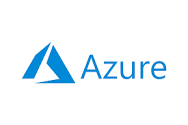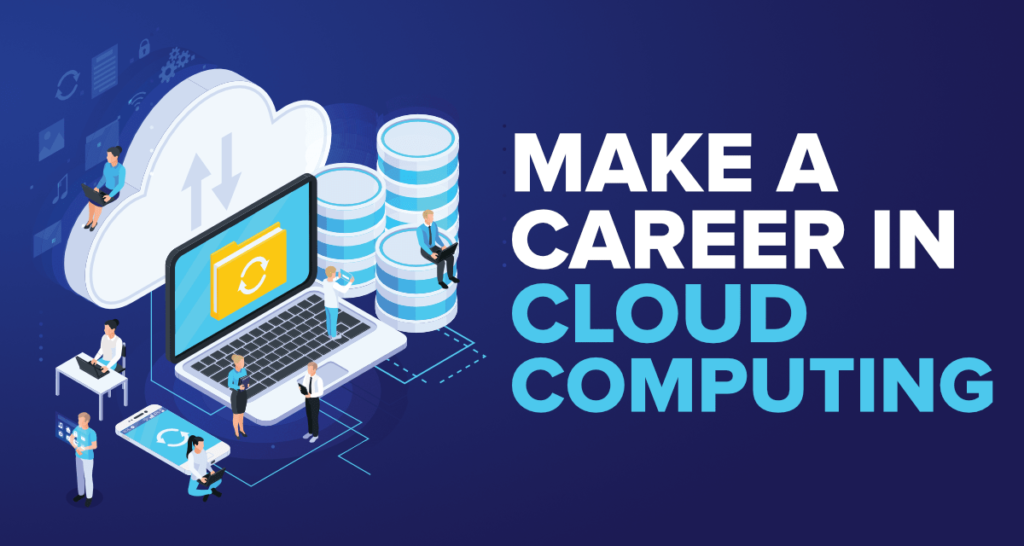Start learning Cloud services today to boost your career in cloud services world and get high paying Cloud Computing Jobs. In modern days of IT field, one can learn any cloud i.e. AWS (Amazon Web Services), Microsoft AZURE, GCP(Google Cloud Platform Services), Oracle Cloud and many more. Cloud technologies have revolutionized the IT Industry, delivering cost-effective, scalable, and easily accessible solutions over the internet that stimulate innovation, foster collaboration, and enhance efficiency in diverse industries.
Below are the key differences between AWS (Amazon Web Services), Azure (Microsoft Azure), GCP (Google Cloud Platform), and Oracle Cloud:
Market Presence and Customer Reach:
AWS is the leader in cloud provider services, with a large market share and extensive adoption across industries.
Azure, powered by Microsoft, has gained significant traction and is popular among enterprises, especially those already using Microsoft tools and ecosystems.
GCP, offered by Google, has seen steady growth and appeals to organizations seeking advanced data analytics and machine learning capabilities. It is more famous amongst Developers.
Oracle Cloud targets primarily enterprise customers who are using Oracle products like databases and ERP tools leveraging its existing customer base and focusing on compatibility with Oracle systems.
Service Offerings:
AWS offers a comprehensive suite of cloud services covering computing, storage, databases, machine learning, analytics, and more. Example services: EC2, RDS, S3, Lambda, Clouformation etc.
Azure provides a wide range of services similar to AWS, emphasizing integration with Microsoft’s ecosystem of products and tools. Example services: Azure DevOps Server, Cosmos DB, Azure Active Directory, etc.
GCP is more into data analytics and machine learning services while also providing infrastructure and development offerings. Example services: Google Compute Engine, BigQuery, Analytics, Kubernetes, etc.
Oracle Cloud well established in integrated solutions across infrastructure, platforms, and applications, with a focus on enterprise workloads and Oracle databases. Example services: Oracle Compute, Oracle Cloud Infrastructure, Oracle Autonomous Database, Oracle Functions, etc.
Global Infrastructure:
AWS has a robust global infrastructure with data centers distributed across numerous regions, ensuring high availability and low latency. Amazon Web Services (AWS) offers a total of 31 regions globally. They keep on adding regions and Availability zones.
Azure boasts a strong global presence, including specialized regions dedicated to specific compliance requirements and government sectors. Microsoft Azure offers a total of 52 regions globally.
GCP operates data centers strategically located worldwide to serve customers effectively. Google Cloud Platform (GCP) offers a total of 26 regions globally.
Oracle Cloud has been expanding its global footprint, offering data centers in multiple regions to cater to enterprise needs. Oracle Cloud offers a total of 42 regions globally.
Pricing and Billing Models:
AWS, Azure, GCP, and Oracle Cloud have their own pricing structures, which can vary based on factors like usage, instance types, and specific services consumed.
Each provider offers pricing options such as on-demand, reserved instances, spot instances, savings plans, and discounted models to help optimize costs.
GCP has a simplified pricing model, and Oracle Cloud provides flexible options, including pay-as-you-go and monthly subscriptions.
Integration and Ecosystem:
AWS has a vast ecosystem of third-party integrations, tools, and services, along with a strong developer community.
Azure integrates seamlessly with Microsoft’s ecosystem, including Active Directory, Office 365, and other Microsoft products.
GCP emphasizes integration with Google’s data analytics and AI/ML services, as well as collaboration tools like Google Workspace.
Oracle Cloud focuses on integrating with existing Oracle software and technologies to facilitate a smooth transition for Oracle users.
Below is the summary table of their key differences:
| Aspect | AWS  |
Azure  |
GCP |
OCI |
| Market Presence | Leading provider | Strong presence | Growing popularity | Focus on enterprise |
| Service Offerings | Broad range of services | Comprehensive offerings | Emphasis on data analytics | Integrated solutions |
| Global Infrastructure | Extensive global footprint | Strong global presence | Significant global presence | Expanding global presence |
| Pricing Models | Various pricing options | Flexible pricing models | Simplified pricing | Flexible pricing options |
| Integration | Vast ecosystem and community | Integration with Microsoft | Integration with Google | Integration with Oracle |
Always keep in mind that the cloud market is always evolving, and providers continually enhance their offerings. When selecting a cloud provider, organizations should consider their specific needs, existing technology stack, support requirements, performance expectations, security considerations, and cost-efficiency goals.
Based on the above comparison one can easily choose the right Cloud Provider to start with. Companies are migrating their data onto the cloud services and that creates huge Cloud Computing Jobs opportunities all across the world.
Cloud Computing Jobs

Here are some of the key job roles one can achieve after getting knowledge about cloud technologies:
- Cloud Architect: As a cloud architect, you are responsible for designing and managing cloud infrastructure. This involves selecting appropriate services, using the cloud best practices, ensuring security measures, and optimizing performance to meet business requirements.
- Cloud Engineer: Cloud engineers play a crucial role in implementing and maintaining cloud solutions. Their tasks include provisioning resources, managing deployments, automation, and ensuring the scalability and reliability of cloud environments.
- DevOps Engineer: Combining development and operations practices, DevOps engineers streamline software development, deployment, and Build and Release processes in cloud environments. They focus on automation, collaboration, and continuous integration/continuous deployment (CI/CD) pipelines.
- Cloud Developer: Cloud developers specialize in creating and deploying applications specifically designed for cloud platforms. They leverage cloud-native services and technologies to build scalable, serverless, resilient, and cost-effective solutions.
- Cloud Security Specialist: In cloud environments, security is of the highest importance. Cloud security specialists focus on implementing and maintaining robust security measures to protect data, identities, and resources, ensuring compliance with industry standards.
- Cloud Data Engineer: With the increasing volume of data, cloud data engineers manage and process large-scale data within cloud platforms. They handle tasks such as data storage, Big Data tasks, integration, transformation, and analytics.
- Cloud Solutions Architect: Working very closely with clients, cloud solutions architects understand business needs and design customized cloud solutions to address specific requirements. They combine technical expertise with a deep understanding of cloud services and industry best practices.
- Cloud Operations Manager: Cloud operations managers oversee the day-to-day operations of cloud infrastructure. They monitor performance, maintain the SLA, manage incidents, optimize resource utilization, and ensure high availability and performance.
- Cloud Consultant: Cloud consultants provide expert guidance and consulting services to organizations. They assist in cloud adoption strategies, design documentation, migration planning, and optimizing cloud environments to meet business objectives.
- Cloud Sales and Business Development: In cloud sales and business development roles, professionals focus on selling and promoting cloud services to potential customers and increasing the reach of existing customers. They identify business opportunities, build relationships, and articulate the value proposition of cloud solutions.
This cloud computing job market is dynamic, emerging, and job titles and responsibilities can differ on an organizational basis. You have to stay updated with the latest cloud technologies, obtain relevant certifications, and continuously develop skills that are essential for success in this rapidly evolving field. Check our Blog for getting knowledge about Cloud technologies and Trending AI tools.